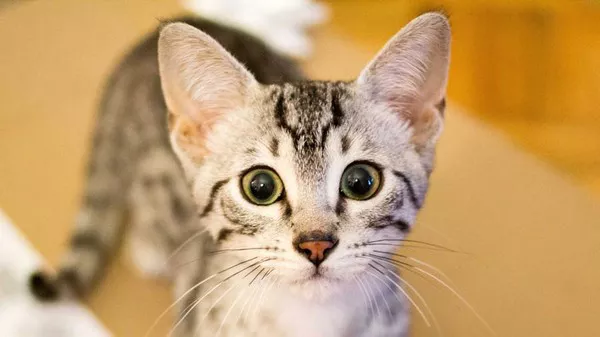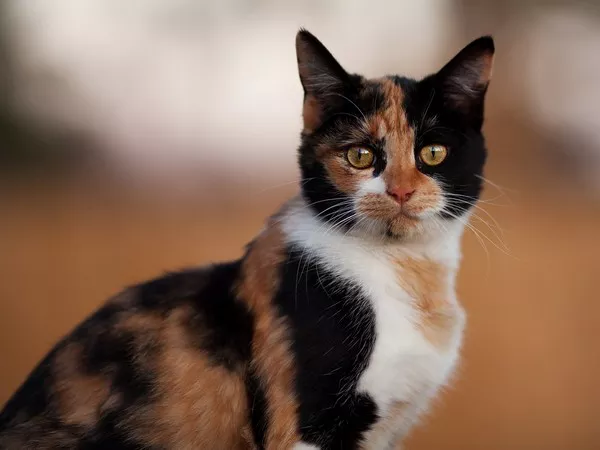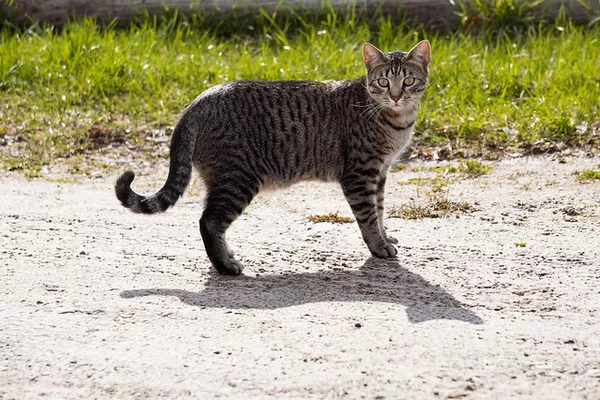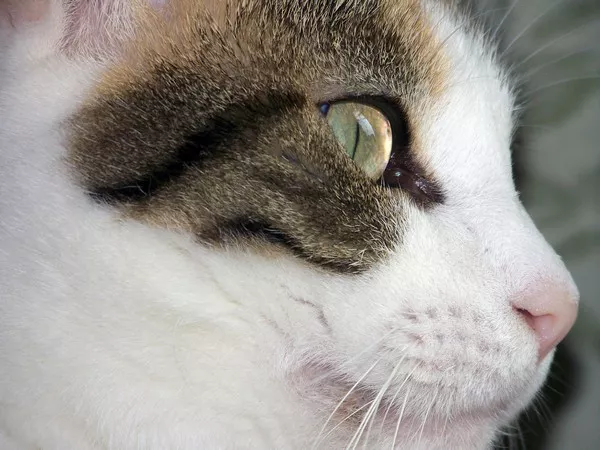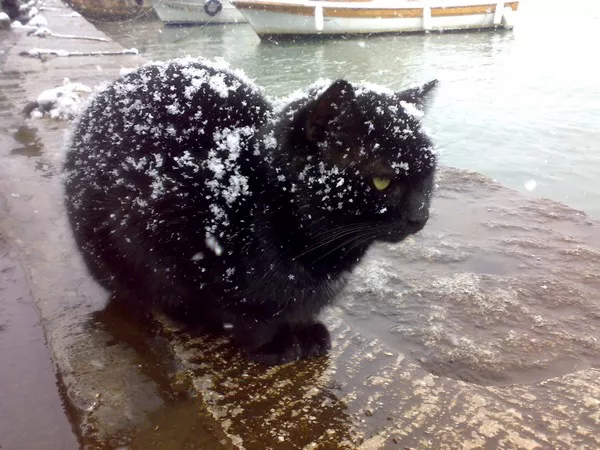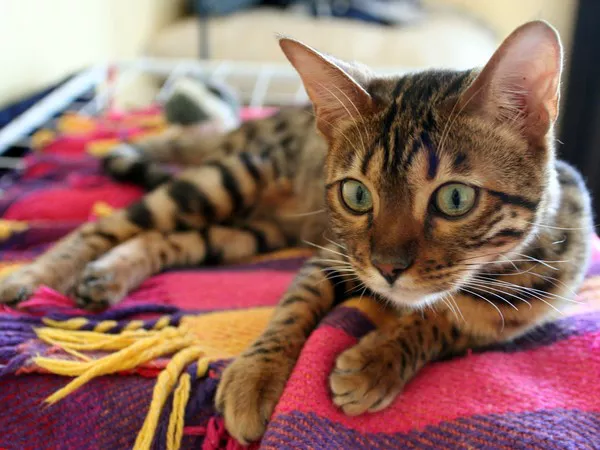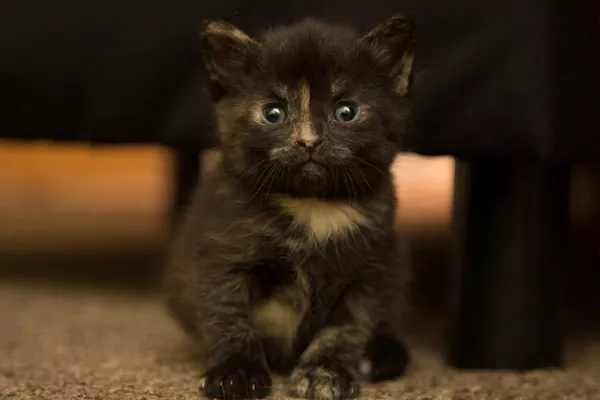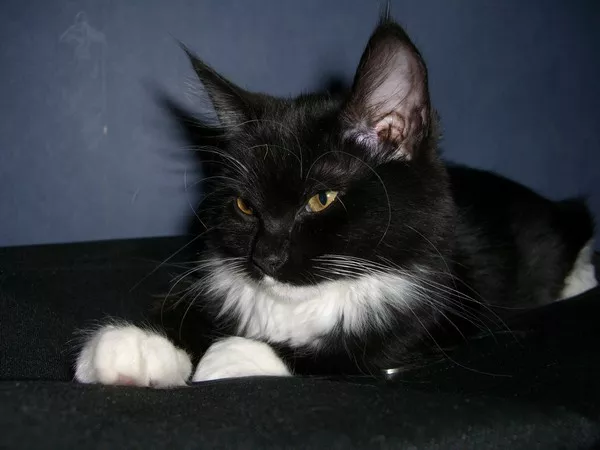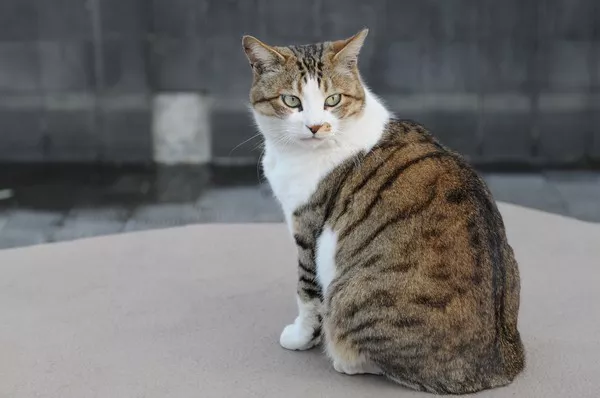The Egyptian Mau cat, known for its grace, elegance, and strikingly spotted coat, has captured the admiration of cat enthusiasts around the world. Originating from ancient Egypt, these felines boast a rich history intertwined with Egyptian civilization. As guardians of their heritage, providing the right nourishment for Egyptian Maus is essential to ensure their health and well-being. In this article, we explore the dietary needs of Egyptian Mau cats and offer insights into creating a balanced and nutritious diet for these captivating creatures.
1. The Historical Significance of Egyptian Maus
The Egyptian Mau’s lineage dates back thousands of years, making it one of the oldest domesticated cat breeds in existence. The ancient Egyptians revered cats, and Egyptian Maus held a special place in their society. They were believed to be sacred animals, adorning murals and sculptures in temples and tombs. This royal status is evident in the breed’s regal appearance and demeanor.
2. The Basic Diet: What Do Egyptian Maus Eat?
As obligate carnivores, Egyptian Maus have unique dietary requirements centered around animal-based protein. In the wild, their ancestors would primarily consume small rodents, birds, and insects. To meet their nutritional needs, domesticated Egyptian Maus require a diet rich in high-quality animal proteins.
3. Protein: The Building Blocks of a Healthy Diet
Proteins are essential for the growth, repair, and maintenance of the body’s tissues and organs. For Egyptian Maus, it is crucial to provide protein sources that are easily digestible and of high biological value. Animal-based proteins from sources like chicken, turkey, beef, and fish are ideal choices for their diet.
4. Fats: Energy and Nutrient Absorption
Fats are a concentrated source of energy for cats and play a vital role in absorbing fat-soluble vitamins (A, D, E, and K). Additionally, fats contribute to the healthy functioning of cell membranes and support the nervous system. Including healthy fats from sources like chicken fat, fish oil, and flaxseed in their diet can promote overall well-being.
5. Carbohydrates: Limited but Necessary
While cats are obligate carnivores, small amounts of carbohydrates can still be beneficial in their diet. Carbohydrates provide a quick source of energy and aid in digestion. However, Egyptian Maus require a diet low in carbohydrates, and their primary energy source should come from proteins and fats.
6. Essential Vitamins and Minerals
Egyptian Maus, like all cats, require a balanced intake of essential vitamins and minerals. These nutrients play a crucial role in various bodily functions, including bone health, immune system support, and overall vitality. A well-balanced commercial cat food or a homemade diet prepared with guidance from a veterinary nutritionist can ensure they receive all the necessary vitamins and minerals.
7. Hydration: The Key to Health
Cats often have a lower thirst drive, making it essential to encourage hydration. Providing fresh, clean water at all times is crucial for maintaining kidney health and preventing dehydration. Some cats enjoy running water from a fountain, which can also stimulate their interest in drinking.
8. Wet vs. Dry Food: Making the Right Choice
Choosing between wet and dry food for Egyptian Maus can be a matter of preference and convenience. Both options have their advantages:
Wet Food: Wet cat food has a higher moisture content, which can aid in hydration, especially for cats that do not drink much water. Additionally, wet food may be more palatable for some cats due to its soft texture and stronger aroma.
Dry Food: Dry cat food is convenient and can be left out for free-feeding throughout the day. It also promotes dental health by helping to reduce plaque and tartar buildup. However, some cats may not drink enough water when consuming dry food, so it’s crucial to monitor their water intake.
9. Avoiding Harmful Foods
Certain human foods can be toxic to cats and should be avoided at all costs. Foods like chocolate, onions, garlic, grapes, raisins, and alcohol can pose serious health risks and even be fatal. It is essential for cat owners to be aware of these harmful foods and ensure their Egyptian Maus do not have access to them.
10. Weight Management: Preventing Obesity
Obesity can lead to various health issues in cats, including diabetes, joint problems, and cardiovascular disease. Monitoring the Egyptian Mau’s weight and ensuring they receive appropriate portions of food can help prevent obesity. Regular play and exercise are also essential in maintaining their overall health and well-being.
11. Transitioning to a New Diet
When switching an Egyptian Mau’s diet, it’s important to do so gradually to avoid gastrointestinal upset. Slowly introduce the new food over the course of several days, mixing it with the old food and gradually increasing the proportion of the new food.
Conclusion
Understanding and meeting the dietary needs of Egyptian Maus are essential aspects of responsible pet ownership. As obligate carnivores, these felines require a diet rich in animal-based proteins and appropriate levels of fats, while keeping carbohydrates to a minimum. Providing a balanced diet, fresh water, and appropriate portion sizes will contribute to the health, vitality, and longevity of these graceful and enigmatic creatures, allowing them to thrive as the living symbols of Egypt’s ancient past.

